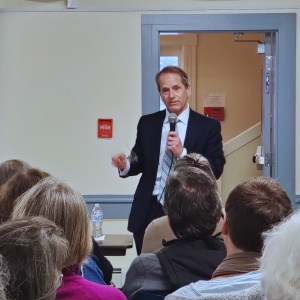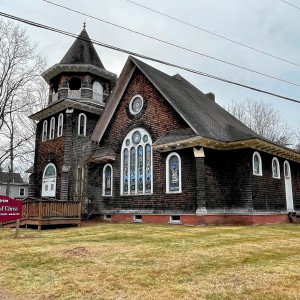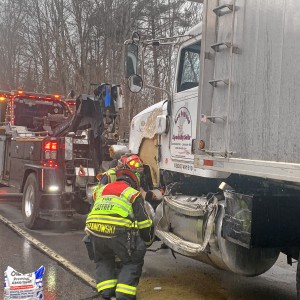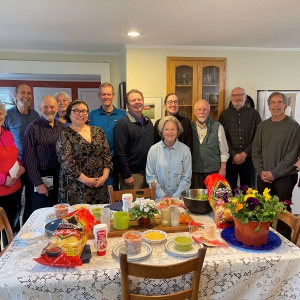Viewpoint: Mark Hayward – Records proposal must be defeated

Mark Hayward COURTESY PHOTO
| Published: 02-01-2024 9:04 AM |
“Dear Sir or Madam,
I am making this request under the New Hampshire Right to Know Law …”
As a New Hampshire reporter for more than three decades, I sent my share of letters and emails that began with these words.
It was a simple process. I made a request for a public record or data, the government agency provided the information, and the public understood more about their community.
Unfortunately, this process goes under attack Thursday when the New Hampshire House is expected to take up House Bill 1002, “An act relative to fees for records under the Right-to-Know law.”
It’s a dangerous proposal that is strongly opposed by the ACLU, New England First Amendment Coalition, local newsrooms and many other bipartisan advocates for open government.
It must be defeated.
The bill allows a government agency to charge up to $25 an hour for any retrieval costs associated with a public records request that exceeds 10 hours. If it becomes law, HB 1002 will prove costly to journalists and news media, which are hardly rolling in wealth these days.
Article continues after...
Yesterday's Most Read Articles
 Frank Edelblut speaks at Dublin Education Advisory Committee forum
Frank Edelblut speaks at Dublin Education Advisory Committee forum
 Francestown Academy Coffeehouse is in its second year
Francestown Academy Coffeehouse is in its second year
 Petitioners seek special Town Meeting regarding tax lien on Antrim Church of Christ
Petitioners seek special Town Meeting regarding tax lien on Antrim Church of Christ
 UPDATE: Drivers identified in Jaffrey dump truck crash
UPDATE: Drivers identified in Jaffrey dump truck crash
 Alan Edelkind defends actions on proposed ConVal reconfiguration
Alan Edelkind defends actions on proposed ConVal reconfiguration
 Jaffrey Civic Center hosting ‘Two Tours’ exhibit
Jaffrey Civic Center hosting ‘Two Tours’ exhibit
Reporters will reduce their requests, either by number or breadth. Editors will question whether the reporter should file a request in the first place.
And stories won’t get written.
Here, for example, are topics of stories that I have researched with a public records request that probably took more than 10 hours of an official’s time:
■ Nurse practitioners and physician assistants prescribe opioids more than physicians, at least at the beginning of the opioid epidemic.
■ Nuclear contaminated material is buried beneath a South Willow Street shopping center that used to be the site of a former light bulb factory.
■ Several violent people were able to buy guns in New Hampshire because New Hampshire State Police missed a deadline to determine whether the gun sale was legal.
■ Details of Manchester police internal affairs investigations into two police officers accused of making racist comments.
I did not file these requests needlessly. I did so because the records would provide clear, unfiltered information about an important topic.
Sometimes, the government agency would fight me and the New Hampshire Union Leader in court, arguing that my request overstepped legal boundaries. More often, they complied and within a few weeks we received the material and ran articles based upon the outcome.
But I can imagine what will happen when the prospect for revenue generation enters this relationship. Every document, every line of data will have to be reviewed, probably twice. Accountants and lawyers will get involved.
Newspapers will have to pay twice for redactions – then the bureaucrat blacks it out, and then for a lawyer to fight it in court.
And the public will know less. That’s bad for New Hampshire, bad for democracy.
Mark Hayward worked as a reporter in New Hampshire from 1991 to this past summer, when he retired from the New Hampshire Union Leader. He currently serves on NEFAC’s New Hampshire Advisory Committee.

 Letter: River Center thanks volunteers
Letter: River Center thanks volunteers
